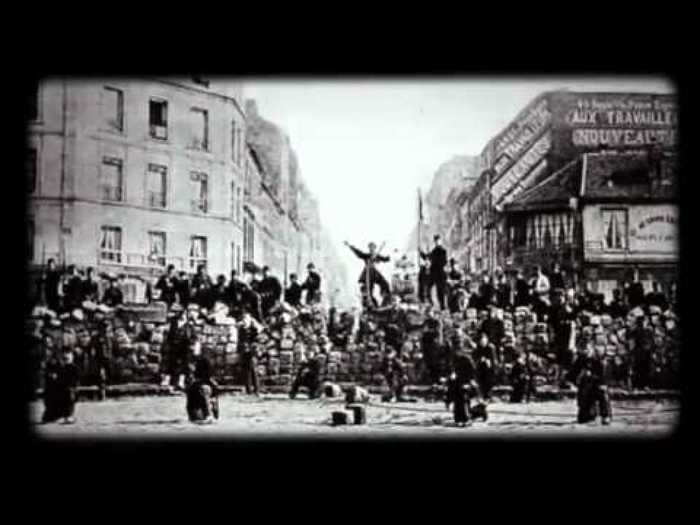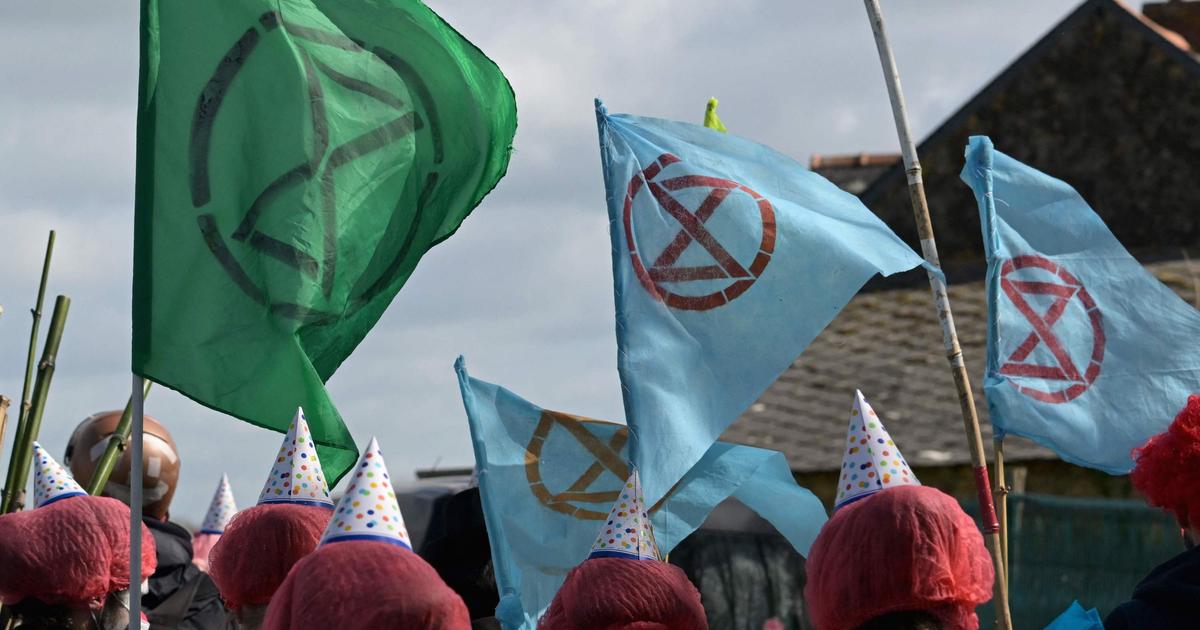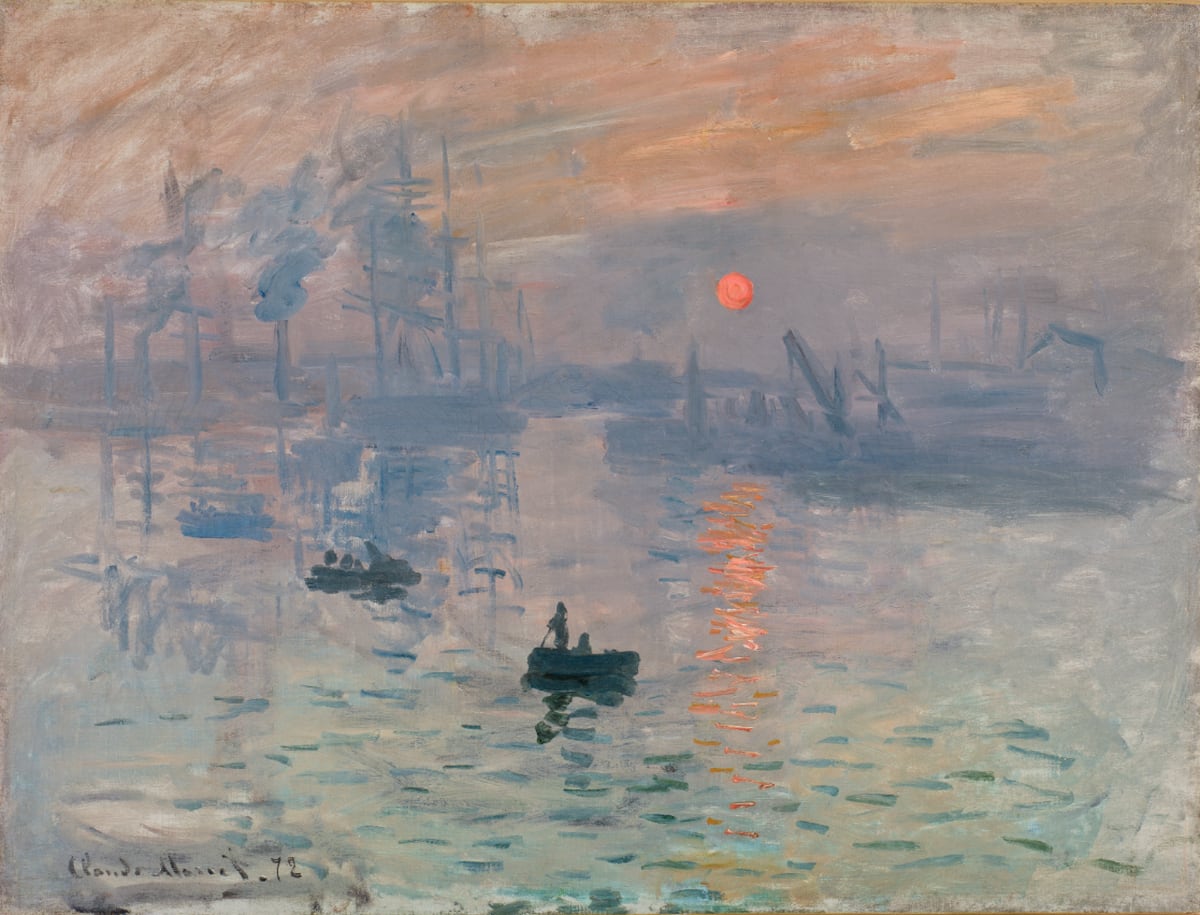We celebrate the 150 years of those 71 days that have remained an emblematic historical point for those who believe in the possibility of a better, more just society, those that began on March 28, 1871, exactly 150 years ago, with the settlement and proclamation, from part of the newly elected Assembly with 70 votes out of 85, of the Paris Commune, with all its pros and cons, however, an exciting experience of Marxist inspiration, even if it was then bloody repressed, resulting from the elections quickly called by the leaders of the revolt that broke out 10 days earlier, on March 18, against the government of Adolphe Thiers, who was forced to flee. The first decrees of the new executive tried to go to the aid of the popular classes and the rampant poverty with a housing policy (blocking rents and free houses assigned to the needy); with the suspension of the seizure actions for debts and their extension to three years without interest, together with the firm sale of the objects to the Monte di Pietà; with the creation for the workshops abandoned by the fleeing bosses of workers' cooperatives and the equalization of wages between men and women, placing a limit on those of the officials together with the assumption of offices no longer by appointment, but by competition. While the '' total guarantee of individual freedoms, conscience and work '' and the '' right and duty of the people to fight and win '' was proclaimed and established and the Red Flag was chosen as a symbol, the reform for the 'free and secular education for all including women, equal rights declared for spouses in marriage, the theaters were collectivized and the Federation of artists led by Gustave Courbet was created, the revocability of elected offices decided, the abolition of the army with the decision to arm citizens, planned a decisive separation between State and Church, promoted the permanent intervention of citizens in municipal affairs. Moreover, if the revolt had broken out in Paris, it was mainly due to the dramatic economic consequences, with the worsening of social inequalities to the detriment of the popular classes, after the defeat of Napoleon III in the Franco-Prussian war, so much so that the troops of Bismark they were camped north of Paris, from where they did not move and then helped Thiers, barricaded at Versailles, in the reconquest of the city. That Thiers who had negotiated the surrender, accepting the cession of Alsace and Lorraine as well as a penalty-reimbursement of 5 billion gold francs. And then it was from the revolution of 1789, and despite the uprisings of 1830 and 1848, that the bourgeoisie had managed to get rich by unloading the costs of recurring crises on the working class, something that was repeating itself, thanks to the inability to change something new. government of Thiers, precisely in 1871. An absolutely revolutionary experience precisely because of his attempt to profoundly change the way of managing and being of political power, with the prevalence of the people over technicians and officials (is one worth one?) and the misunderstanding of any populism of wanting to prevent political work from being undertaken as a profession. In short, an experience that had, for historians, despite its inevitable limitations and errors, its strength precisely in the widespread awareness of being a collective work in the name of cooperation and self-management in the name of fairness, participation and solidarity rather than for the presence of some leaders, such as Varlin, Delescluze, Rossel or Courbet. All defended with faith to the bitter end by the people in the `` week of blood '' starting from 21 May, with the barricades street by street from rue de Rivoli to Pèere Lachaise under the gunfire and the charges of the regular army and the fire in the Tuileries which, after the fall on May 28, was followed by a ferocious repression that caused thousands and thousands of deaths (estimates range from 20 to 35 thousand), tens of miles of incarcerated and people on the run. An experience that from the right has always been clearly attacked, starting with the collectivization of the means of production, while for the left it immediately became an interrupted dream, the attempt to concretize ideas hitherto abstract. For Lenin, the Commune succeeded '' in awakening the socialist movement throughout Europe ... and teaching the proletariat to concretely define the objectives of a revolution ''. Today, those 71 days are considered forerunners of the Russian October Revolution and an example for other experiences, albeit different, such as the French Popular Front of 1936. In any case, a mythological moment in the progress of the Western world, which not surprisingly still discuss in France the opposing political alignments in view of the anniversary and possible celebrations. The workers' organizations (the unions were authorized by law in 1884) still today, at the end of May, still carry wreaths and flowers to the 'Confederate Wall' at the Père Lachaise cemetery.
The dream of the Paris Commune 150 years later
2021-03-28T09:40:41.966Z

March 28 is the anniversary of those fateful 71days (ANSA) We celebrate the 150 years of those 71 days that have remained an emblematic historical point for those who believe in the possibility of a better, more just society, those that began on March 28, 1871, exactly 150 years ago, with the settlement and proclamation, from part of the newly elected Assembly with 70 votes out of 85, of the Paris Commune, with all its pros and cons, however, an exciting







